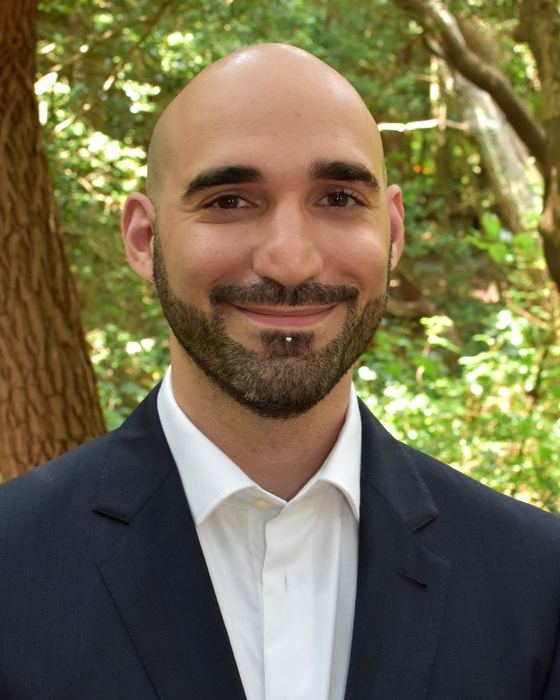Few would argue that romantic partners have the potential to shift each other’s beliefs and behaviors, but what about their views on climate change specifically? Up until now there’s been little analysis of the dynamics of climate change conversations in romantic relationships and how the beliefs of one partner can influence the other.

Credit: Courtesy of the Yale School of the Environment
Few would argue that romantic partners have the potential to shift each other’s beliefs and behaviors, but what about their views on climate change specifically? Up until now there’s been little analysis of the dynamics of climate change conversations in romantic relationships and how the beliefs of one partner can influence the other.
A team of researchers led by the Yale Program on Climate Change Communication at the Yale School of the Environment explored this concept and found that there’s potential for partners to influence each other through conversations on climate change.
“We wanted to see if there’s potential for couples to increase support for pro-climate policies and behaviors through more conversations about climate change,” says Matthew Goldberg, associate research scientist at YPCCC and lead author on the study published in the Journal of Environmental Psychology.
The researchers surveyed 758 romantic couples to determine the extent to which they understood each other’s ideas on climate change and the degree to which partners were aligned on climate change beliefs and behaviors.
The team asked each partner questions on the issue, including whether they are worried about climate change, donate to climate organizations, and post about the issue on social media. Participants also were asked to predict what their partner would say.
The results revealed that while many partners exhibited similar beliefs and behaviors around climate change, there also were many discrepancies. There was only 38% alignment between partners on their climate beliefs and only 31% alignment on climate behaviors. The study also found that partners who discuss climate change had a more accurate perception of the other’s beliefs.
These results suggest there’s an opportunity for partners to influence each other through more conversations about climate change.
The researchers used the YPCCC’s Global Warming’s Six Americas framework to classify the participants’ views. The Six Americas framework is based on a range of six viewpoints about climate change that stretch from “alarmed,” at which climate change is seen as an urgent threat, to “dismissive,” at which global warming is considered a hoax or a nonexistent issue.
While there were very few instances of couples holding opposite views, more than a third of couples included one partner whose beliefs were classified as “alarmed,” while the other was a bit less engaged or concerned.
This disparity is exactly the kind of situation where there’s an opportunity to shift the needle on climate change beliefs and behaviors, Goldberg says.
“Mass communication is critical but might not be the most effective way to shift public support on climate change,” he says. “A partner knows their partner infinitely better than some unknown communicator — and knows how to harness the issues that their partner cares about to engage them in action on climate change.”
Anthony Leiserowitz, director of the Yale Program on Climate Change Communication and a senior research scientist at the Yale School of the Environment, who co-authored the report, says talking about climate change is no substitute for action but can help raise awareness of the issue.
“This study finds that people who are very concerned about climate change likely have close significant others that haven’t yet fully engaged the issue. Climate conversations can start right at home, with your loved ones,” Leiserowitz says.
Goldberg says their findings could apply to all kinds of relationships beyond romantic ones and the results open an array of avenues to engage people on climate change.
“Lots of people are very worried about climate change, but they’re not talking about it,” he says. “Discussing climate change can bring more people into alignment — and increase engagement.”
Journal
Journal of Environmental Psychology
DOI
10.1016/j.jenvp.2022.101836
Method of Research
Survey
Subject of Research
People
Article Title
Perceptions and correspondence of climate change beliefs and behavior among romantic couples
Article Publication Date
29-Jun-2022




